Send us a link
Let's make sure it's fair as well as transparent
Scientific publishing has undergone a revolution in recent years - largely due to the internet. And it shows no sign of letting up as a growing number of countries attempt to ensure that research papers are made freely available. Publishers are struggling to adapt their business models to the new challenges.

Is the 2015 Nobel Prize a turning point for traditional Chinese medicine?
The 2015 Nobel Prize in Physiology or Medicine has gone to a researcher who spent her entire career researching traditional Chinese medicine...
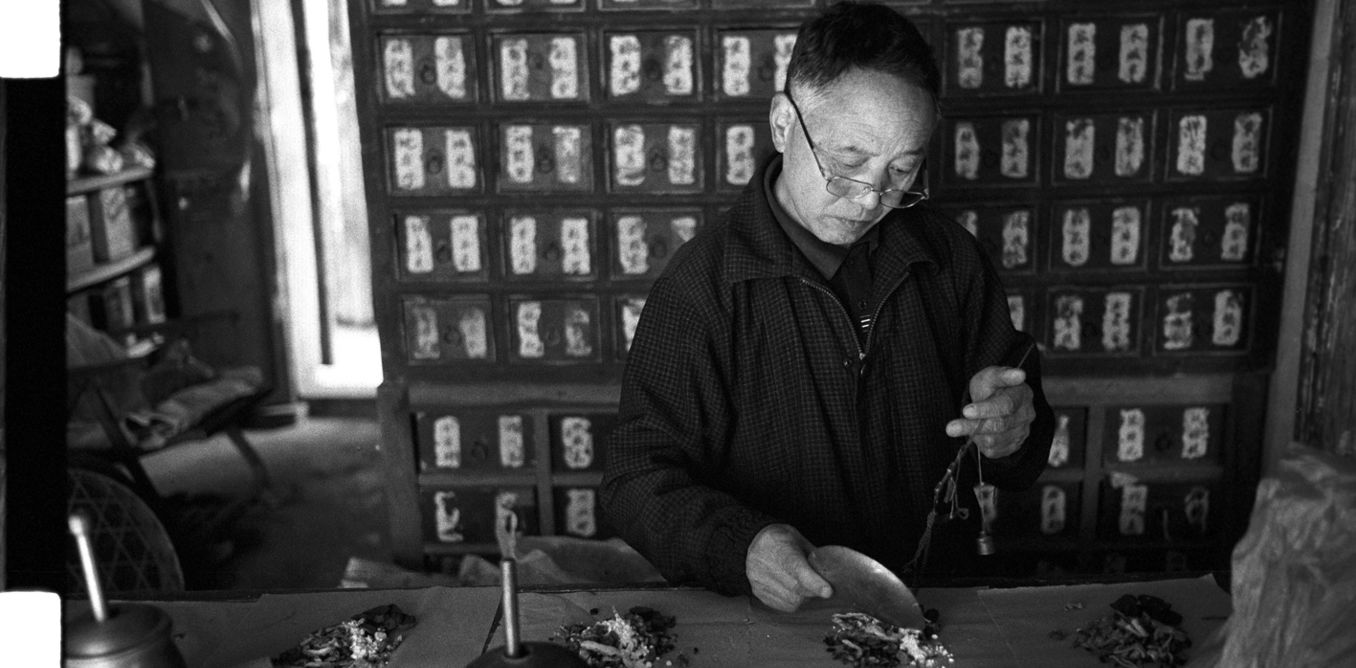
Homo naledi fossil discovery a triumph for open access and education
The lead paper describing Homo naledi has been viewed more than 170,000 times in one week.

Publish or perish culture encourages scientists to cut corners
We need to ensure the reward and support structures in academia promote the best practices rather than corner cutting.

Let's face it: gender bias in academia is for real
Contrary to what some think, the battle against sexism in STEM has not been won, let alone reversed in favor of women.

How to value research that crosses more than one discipline
Many academics have internalised the pressure to police disciplinary boundaries, and keep their heads down and in their faculties.

Half of biomedical research studies don't stand up to scrutiny and what we need to do about that
Half of biomedical research studies don't stand up to scrutiny and what we need to do about that
What if I told you that half of the studies published in scientific journals today - the ones upon which news coverage of medical advances is often based - won't hold up under scrutiny?
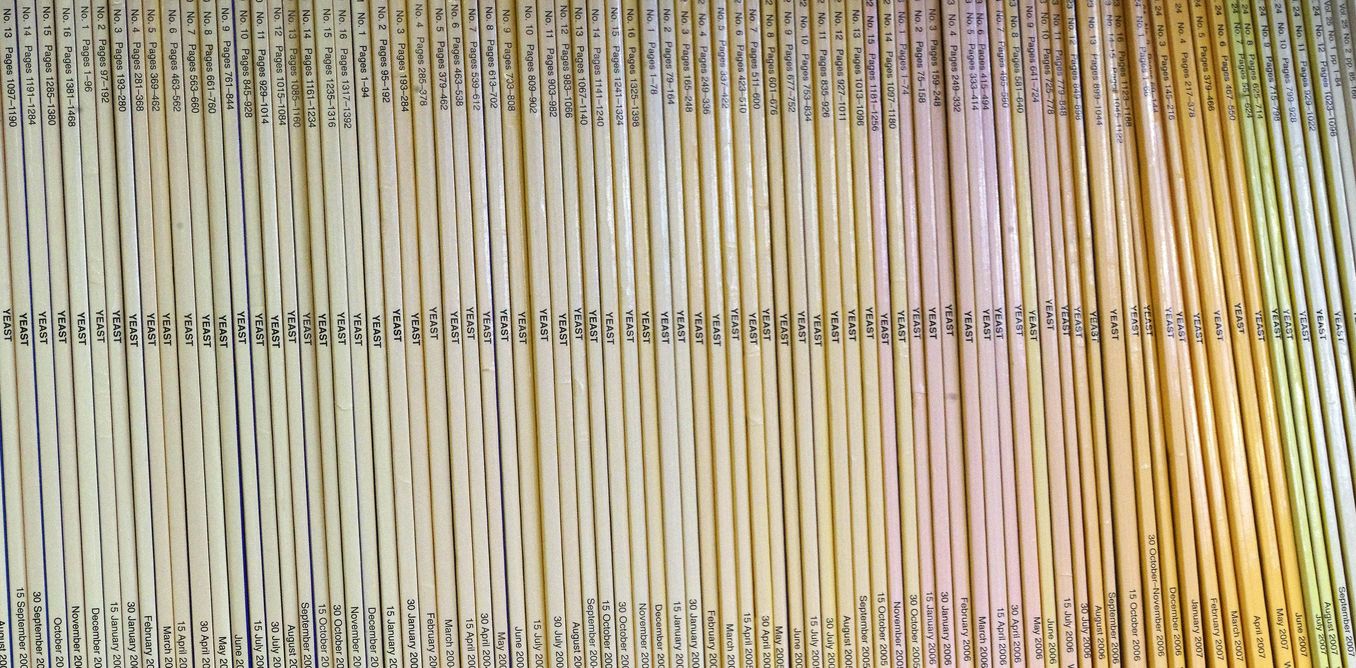
Not a valid requirement for advancing in science
Working longer hours leads to poorer productivity. If you’re trying to impress people and move up the ranks, the solution isn’t to work longer, but to work smarter.

Retraction of scientific papers for fraud or bias is just the tip of the iceberg
Investigating fraud is hard work, and it is easier for journal editors to ignore the problem and perpetuate the myth that peer review of trial reports ensures their scientific quality.

Long lists are eroding the value of being a scientific author
Enough with the long author lists - we are running out of space.
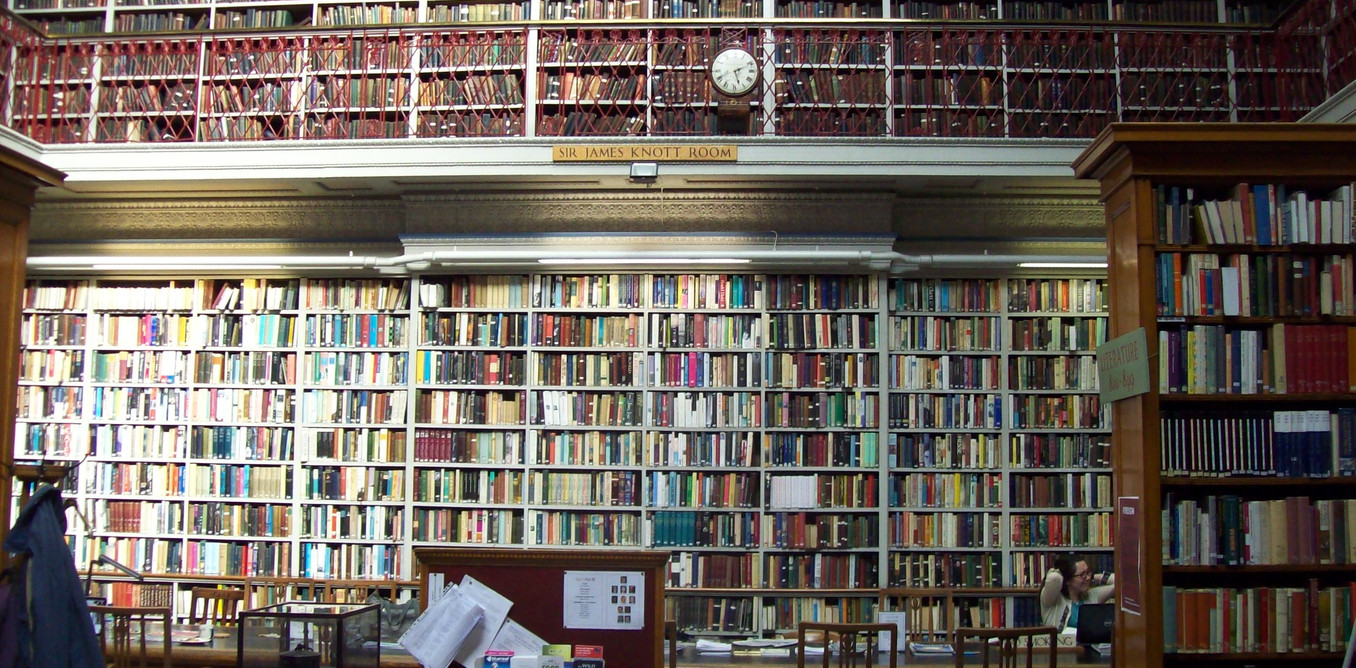
How we can break free from sexism in science
In academia, strong hierarchies and nepotism compound problems associated with biases.

A simple way to pay for science research?
The internet has radically changed most forms of communication, government and business – why not science and research funding too?

How do we solve science's 'credibility problem'?
In recent years science has entered a crisis of trust. The results of many scientific experiments appear to be surprisingly hard to reproduce, while mistakes have highlighted flaws in the peer review system.
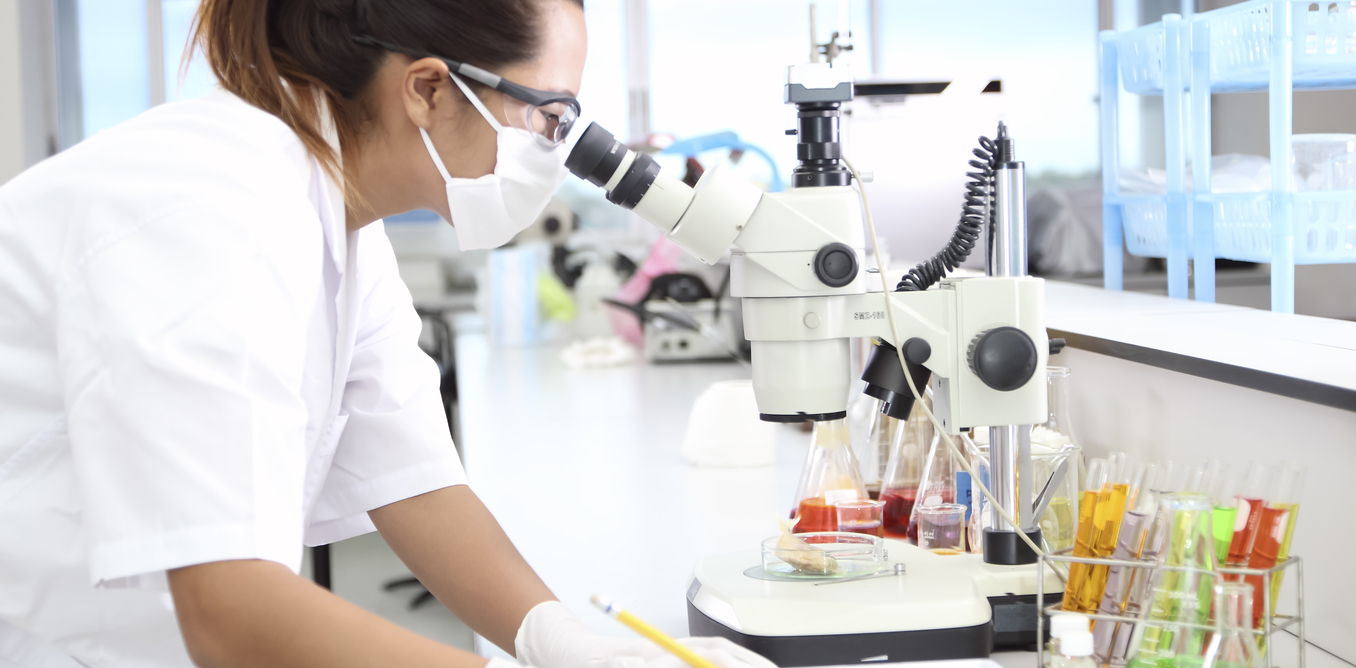
'Macho' university culture mirrors banks' mistakes
'Macho' university culture mirrors banks' mistakes
Professors issue warning over obsession with performance management and research excellence.
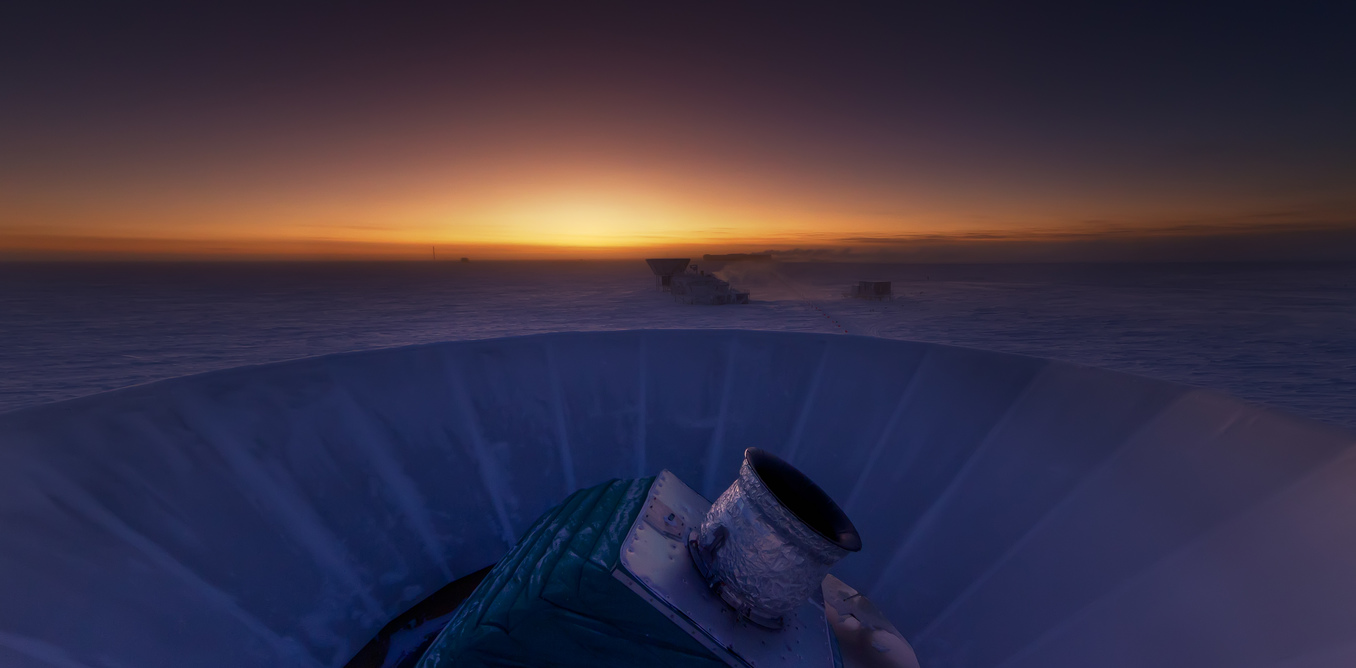
Tackling unethical authorship deals on scientific publications
The research excellence of academics is often measured by the quantity and quality of their scholarly publications. But how do we know that all authors listed on a publication have actually been involved in the research?
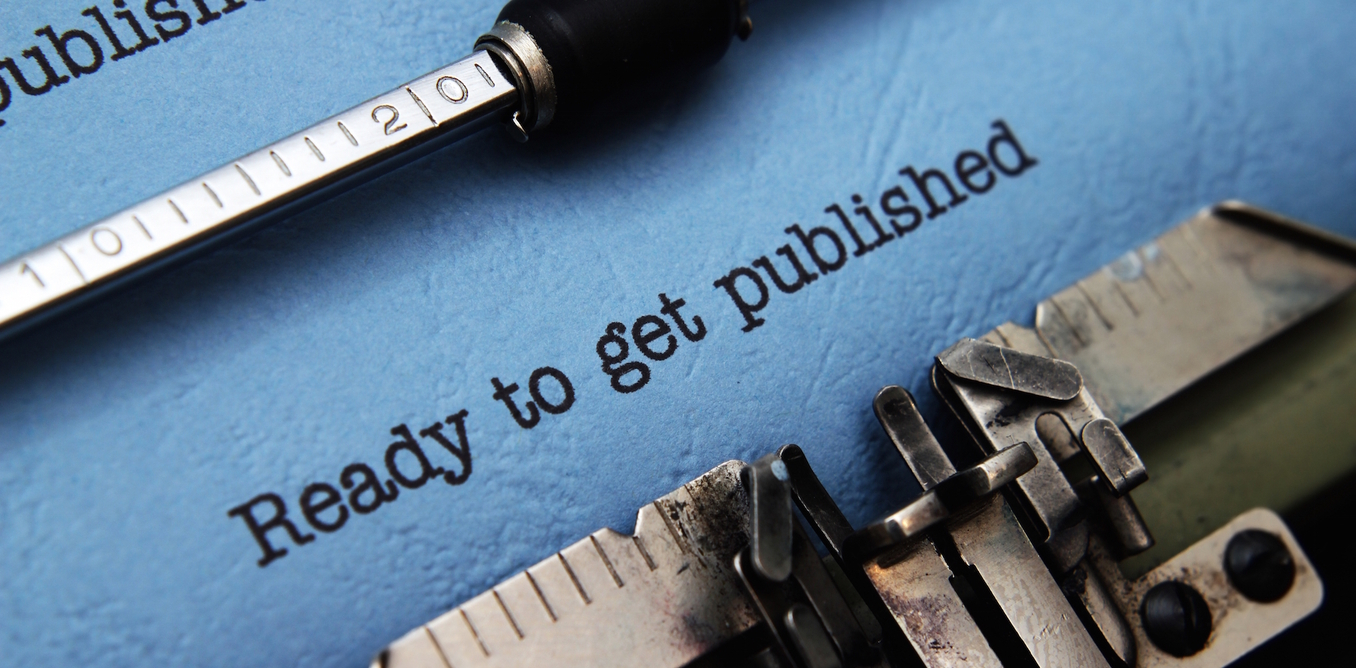
What counts as an academic publication?
While The Conversation is built around a journalistic model, there is a big growth in online, open-access journals each with different approaches to peer review.

Peer review is fraught with problems, and we need a fix
Problems and limitations of the traditional and alternative peer review methods.
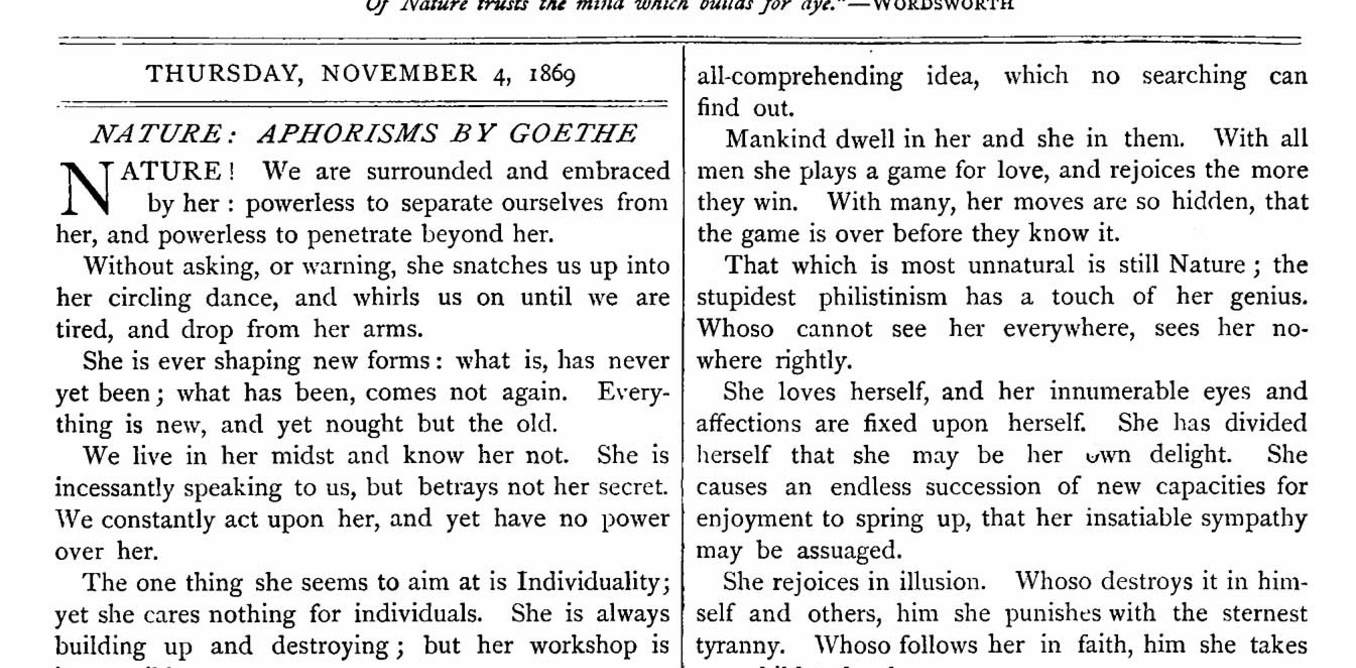
Neuroscience risks being the next scientific bubble
Neuroscience risks being the next scientific bubble
Overly optimistic investments in scientific fields, research methods and technologies generate episodes comparable to those experienced by financial markets prior to crashing.

Big data and full-genome analysis not all they're cracked up to be
Interview with Walter Gilbert, Nobel Laureate in Chemistry
Researcher's death highlights problems in dealing with scientific misconduct
We need to deal swiftly with fraud when it is identified. But time after time I have watched not only the accused, but everyone around them, be treated with such sanctimonious disdain. by Michael Eisen
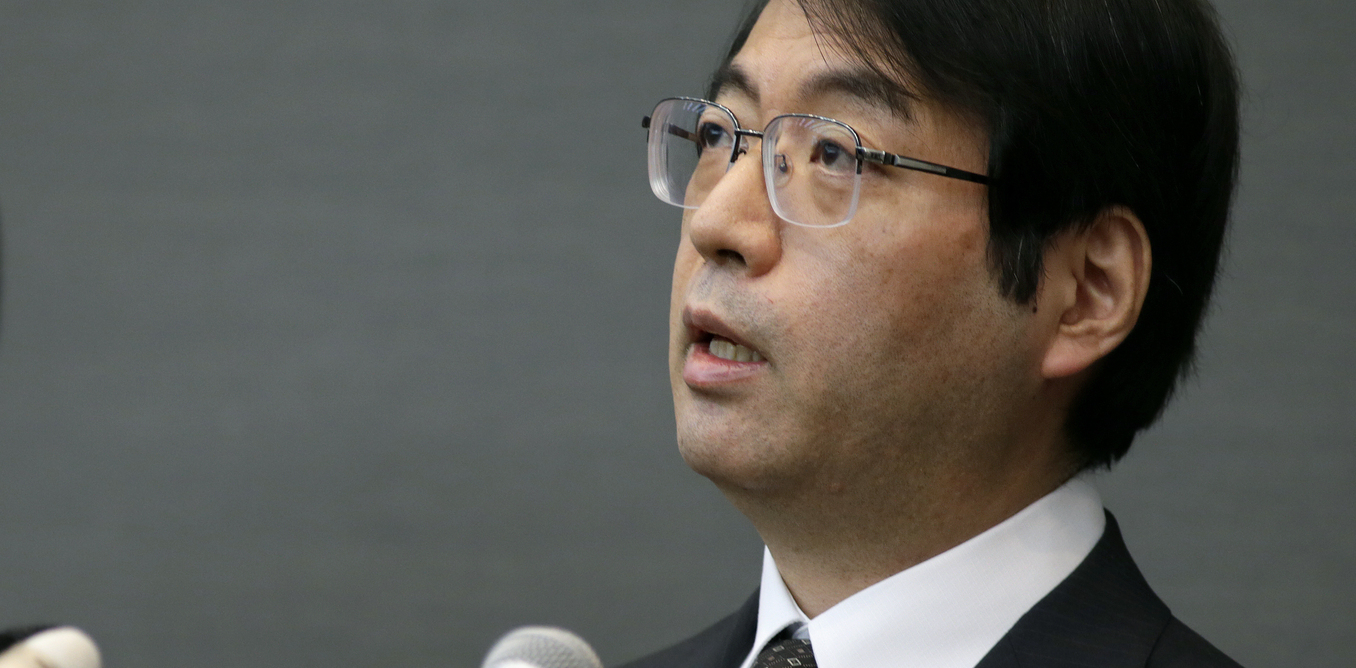
How to better allocate research money and fix a flawed system
Research funding will continue to be haphazard if an anecdotal approach continues to be taken. by Julia Lane

What lesson do rising retraction rates hold for peer review?
The rate of retractions of scientific papers has been growing over the past decade, suggestive to some of a crisis of confidence in science. Can we no longer trust the scientific literature?

Time to discard the metric that decides how science is rated
Scientists need ways to evaluate themselves and their colleagues. These evaluations are necessary for better everyday management: hiring, promotions, awarding grants and so on. One evaluation metric has dominated these decisions, and that is doing more harm than good.
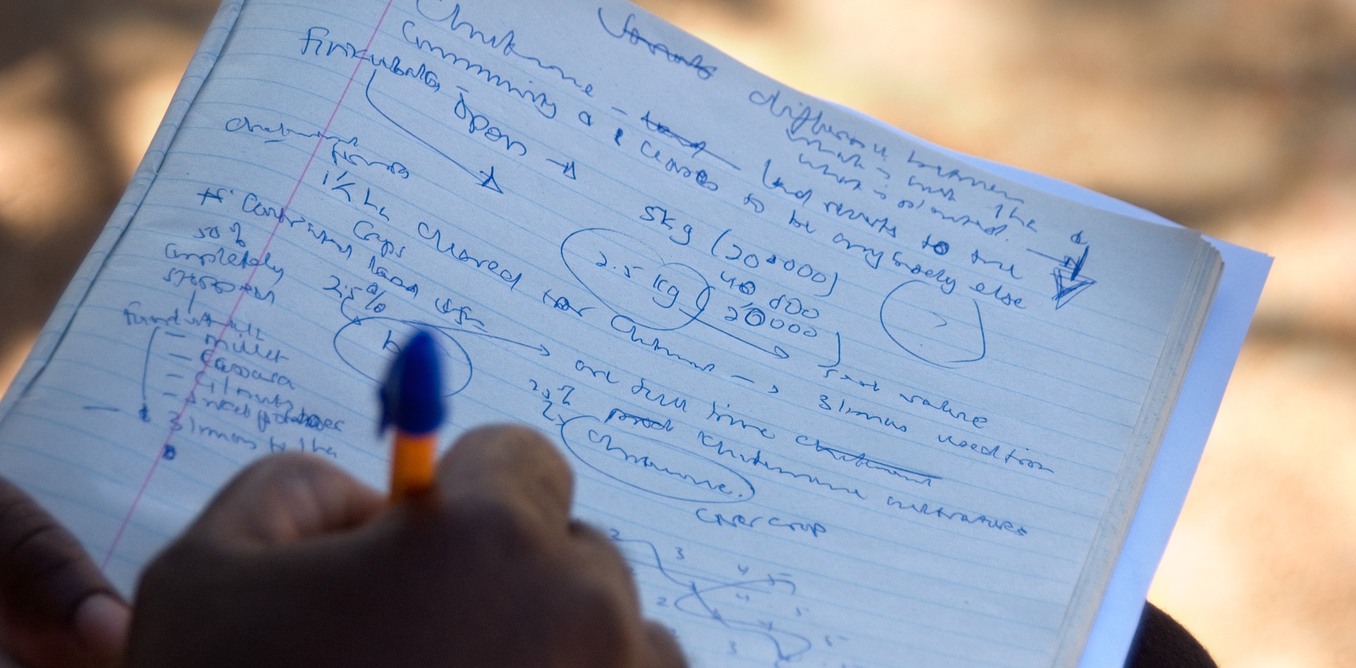
Hate the peer-review process? Einstein did too
Most academic papers today are published only after some academic peers have had a chance to review the merits and limitations of the work. This seems like a good idea, but there is a growing movement that wants to retort as Albert Einstein did to such a review process.

Interdisciplinary research: why it's seen as a risky route
Higher education needs to break down the barriers that block pathways to cross-subject study.
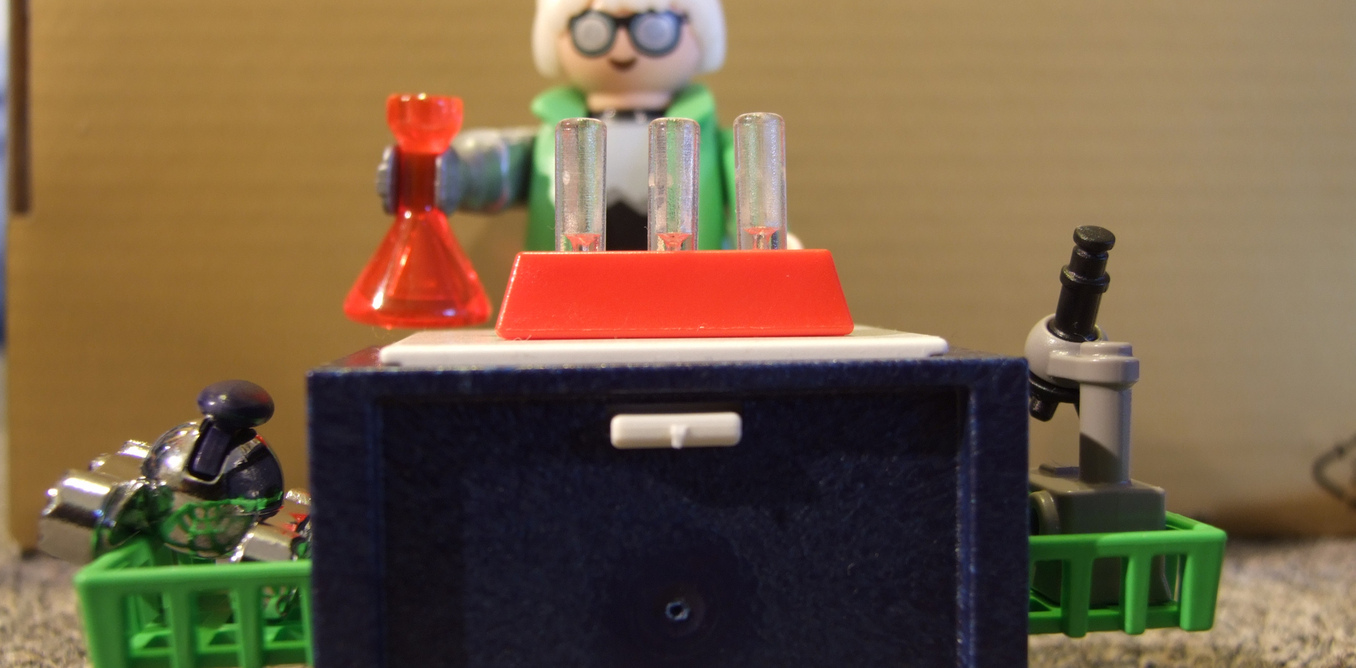
Six steps to fairer funding for female scientists
Although approximately 50% of PhD students and postdoctoral scientists are female, males run the majority of research laboratories. Despite some reform over the past three decades, there is still an exodus of female scientists from academic research at the transitional stage between a postdoctoral researcher and laboratory head.

Five tips for crowdfunding success
With only one in five National Health and Medical Research Council ( NHMRC) grant applications successful, and a similar rate for Australian Research Council ( ARC) Discovery grants, it's little wonder researchers are looking to alternate forms of funding - one of which being crowdfunding.
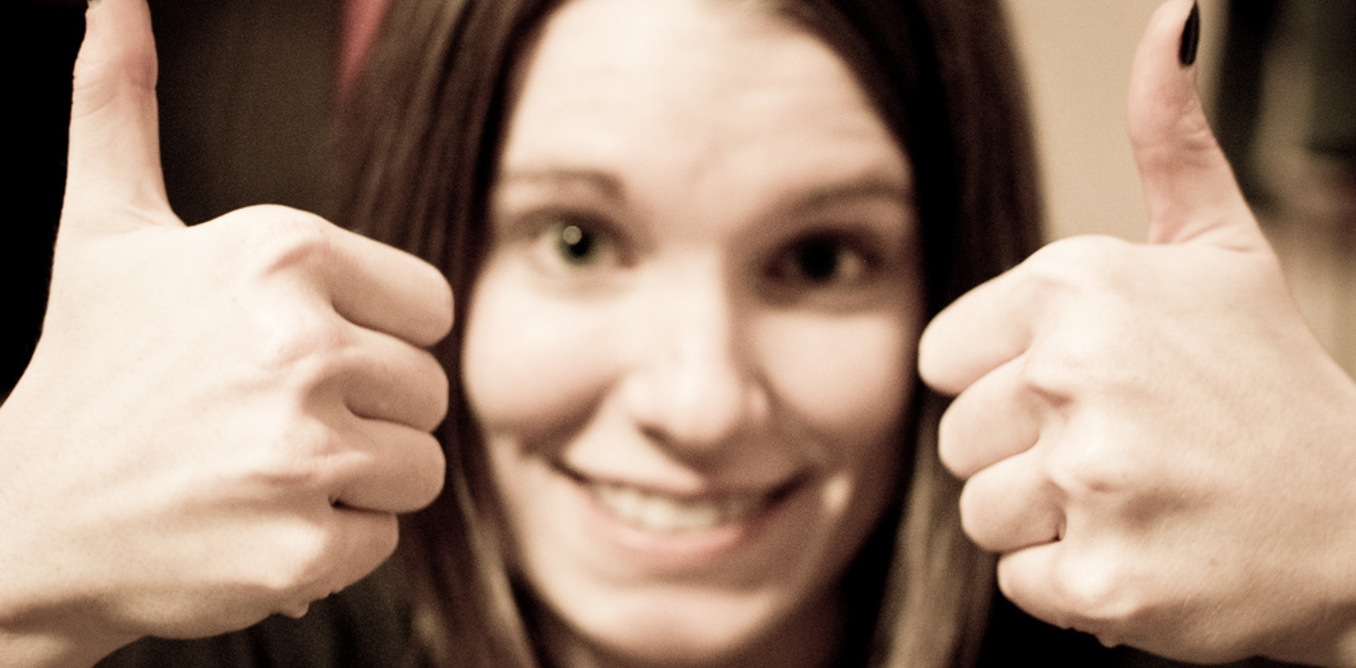
What is good science? And what gets public funding?
I've heard that we should stop talking about "pure" science and "applied" science; that we should only be talking about "good" science and "bad" science. Last year, CSIRO Chief Executive Megan Clark said as much during question time at her National Press Club address, and this year I heard it recommended again at the Universities Australia Conference.


